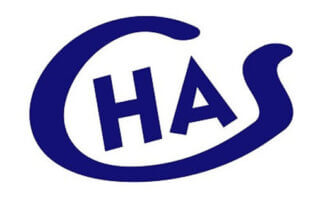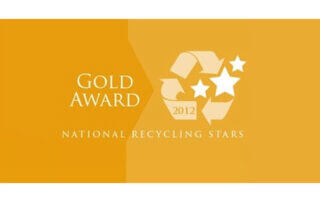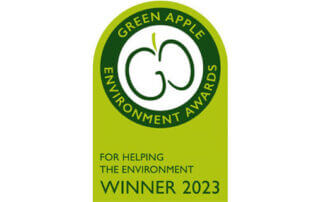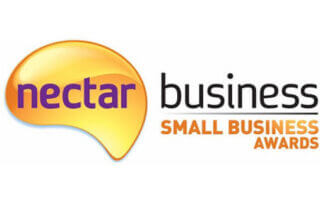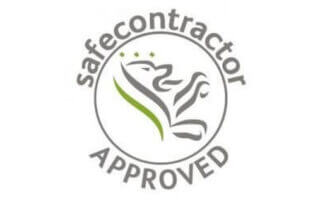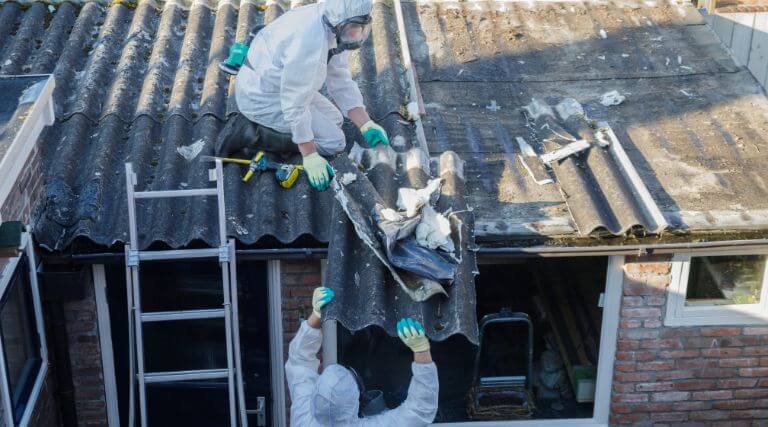
When it comes to waste disposal, skips are an incredibly convenient option. Whether you’re clearing out your home, working on a renovation project, or managing construction debris, skips offer an efficient way to handle bulk waste. However, not everything can go into a skip. Certain items are restricted for environmental, safety, or legal reasons. Disposing of these improperly could result in fines or harm to the environment.
Here’s a detailed look at ten waste types that don’t belong in skips and why you need to think twice before tossing them in.
1. Asbestos
Asbestos is a hazardous material commonly found in older buildings, particularly in insulation, tiles, and cement. Due to its health risks, including lung disease and cancer, asbestos cannot be disposed of in regular skips.
What to do: Specialist asbestos removal services are required to safely handle and dispose of this material.
2. Plasterboard
In skips, plasterboard poses a major problem as it can produce toxic hydrogen sulphide gas when mixed with general waste. This gas is dangerous to both people and the environment.
What to do: Plasterboard must be separated and taken to dedicated recycling facilities or disposed of using a specific plasterboard skip.
3. Electrical Items (WEEE Waste)
Electrical and electronic equipment (WEEE), such as fridges, washing machines, TVs, and small gadgets, cannot go in skips due to the potential release of harmful substances. Additionally, many components within these items can be recycled.
What to do: WEEE waste should be taken to recycling centres or disposed of through a WEEE collection service.
4. Batteries
Batteries, including car batteries and household ones, contain harmful chemicals like lead, cadmium, and mercury. Disposing of them in skips could lead to soil and water contamination.
What to do: Drop them off at battery recycling points or arrange for their collection by a professional recycling service.
5. Paint, Solvents, and Chemicals
Old paint cans, solvents, and chemicals are hazardous and should never be thrown into a skip. These items can leak and cause harm to the environment and public health.
What to do: Contact your local council or a hazardous waste specialist for proper disposal options.
6. Tyres
Tyres are banned from skips as they don’t biodegrade easily and can pose fire risks in landfill settings. However, they can often be repurposed or recycled.
What to do: Check with local tyre retailers or recycling facilities for collection and recycling services.
7. Gas Cylinders and Pressurised Containers
Empty or full, gas cylinders and pressurised containers are a significant safety hazard. They can explode when compacted or exposed to heat.
What to do: Return them to the supplier or take them to a licensed collection point.
8. Medical Waste
Items like syringes, bandages, and pharmaceutical products should never be placed in skips. These are considered hazardous due to the risk of infection and contamination.
What to do: Arrange for disposal through a medical waste specialist or your local pharmacy.
9. Fuel, Oils, and Liquids
Fuel, motor oil, and other liquids are prohibited in skips as they are flammable and can leak, causing environmental damage.
What to do: Use a licensed facility that specialises in liquid waste disposal.
10. Mattresses
While it might be tempting to throw an old mattress in a skip, most skip companies restrict them due to their bulky nature and the difficulty in recycling them.
What to do: Many councils offer mattress recycling services, or you can arrange for a specialist collection.
Why Proper Waste Disposal Matters
Disposing of waste responsibly is essential for safeguarding the environment, complying with the law, and avoiding unnecessary fines. Understanding what doesn’t belong in skips helps protect the planet and ensures your skip hire experience is hassle-free.
How We Can Help
At Cheap Skip Hire Prices, we’re here to guide you through proper waste disposal. If you’re unsure what can go in a skip or need alternative waste removal services, our team is ready to assist.



